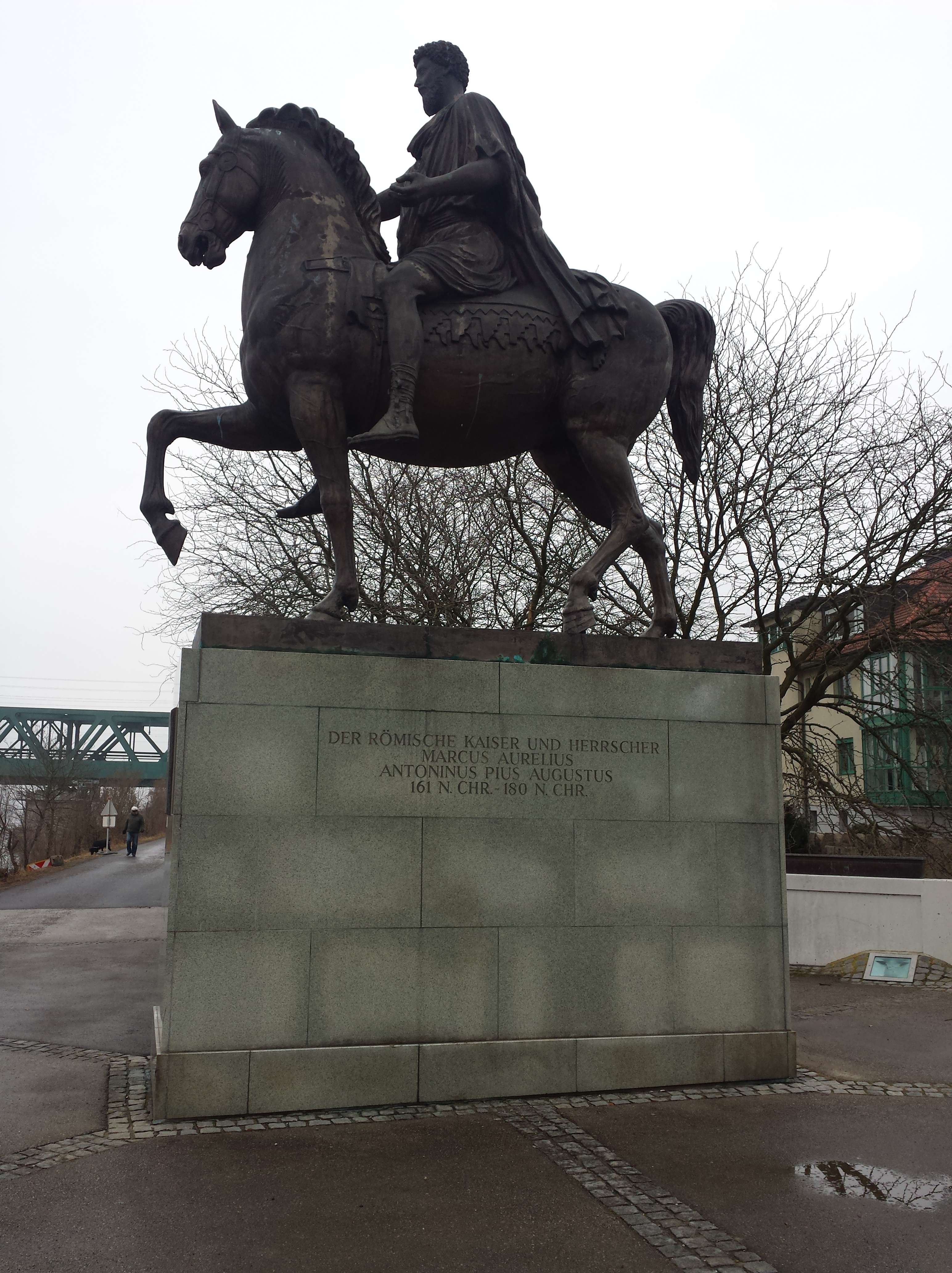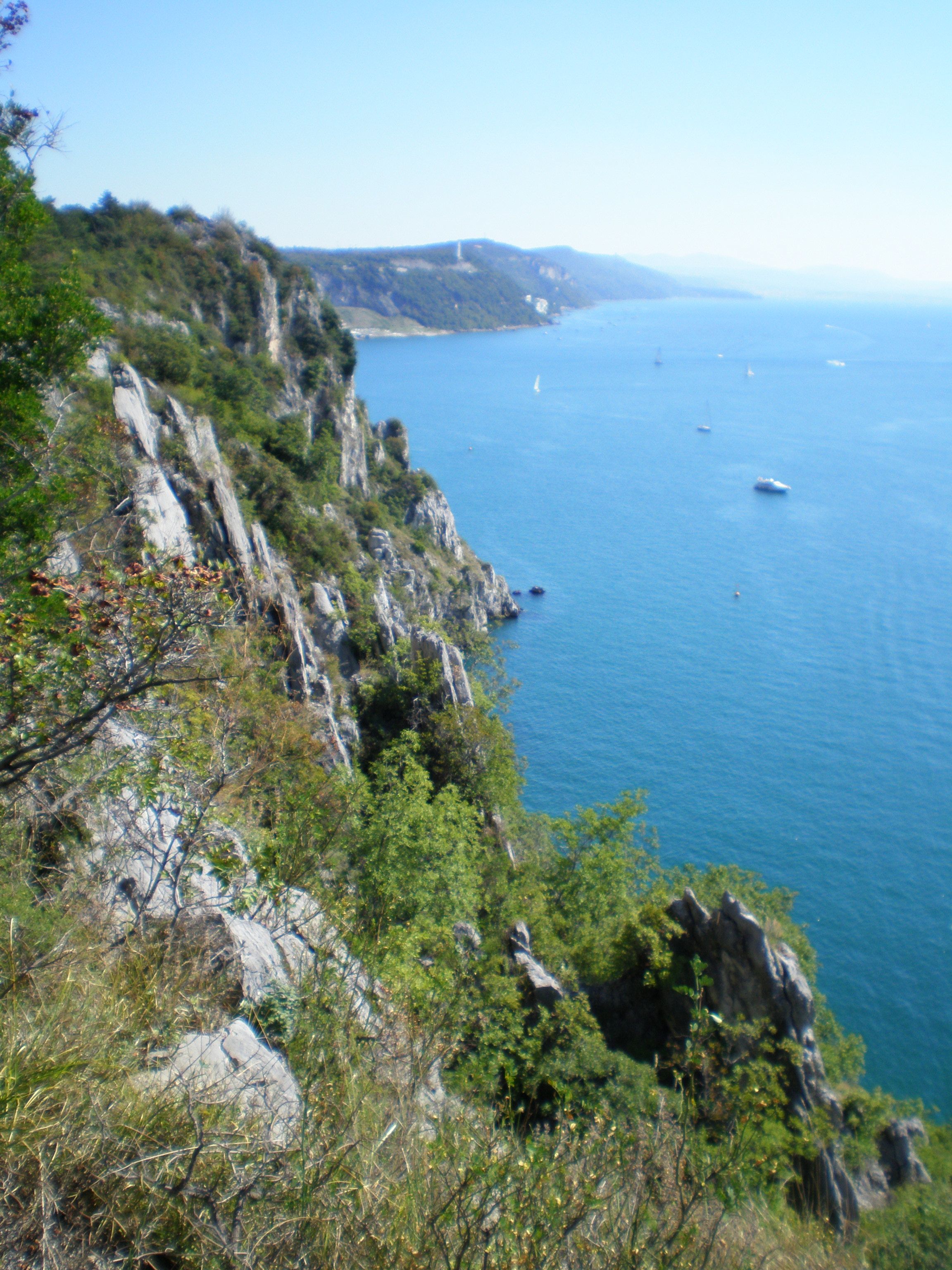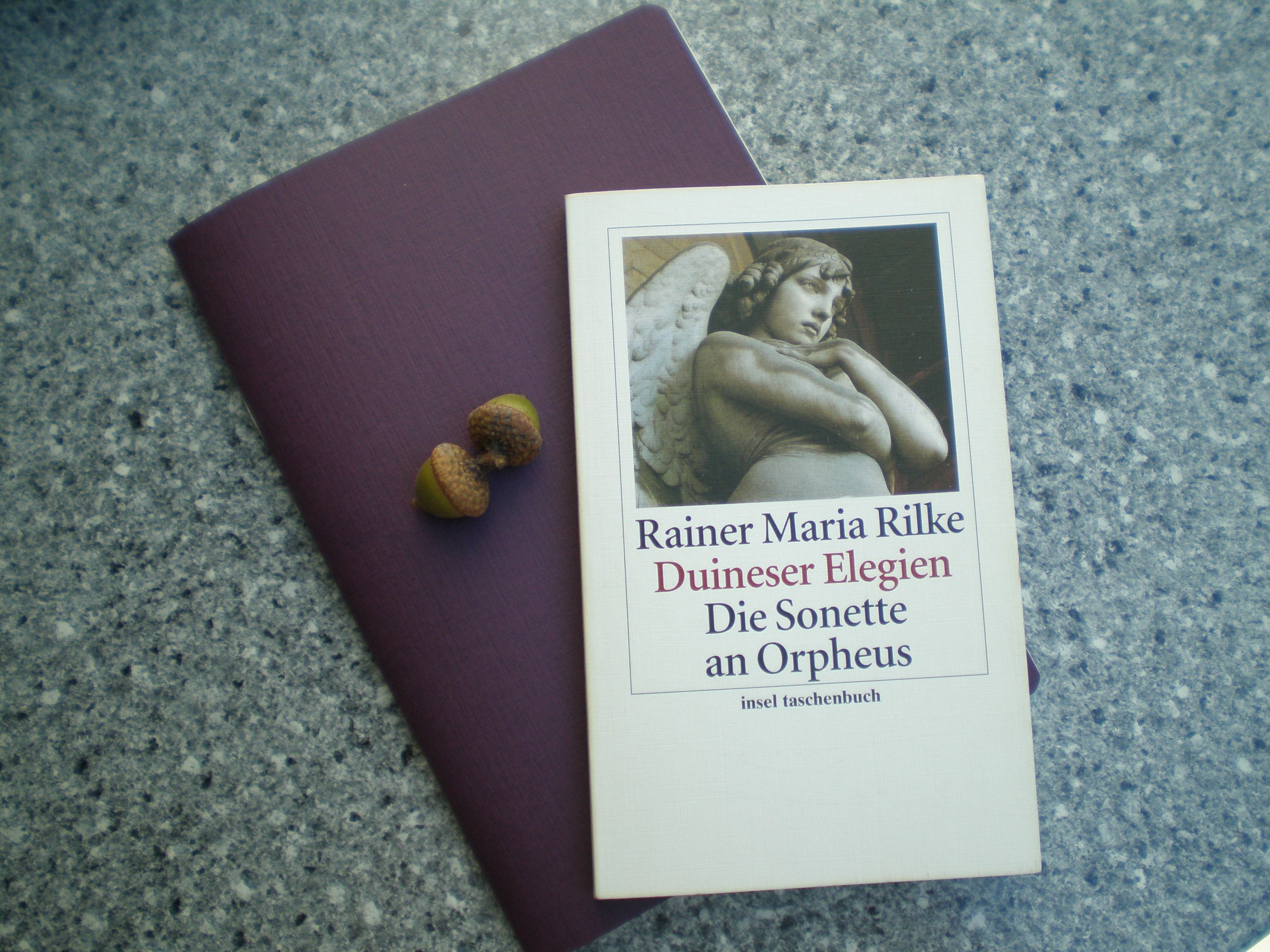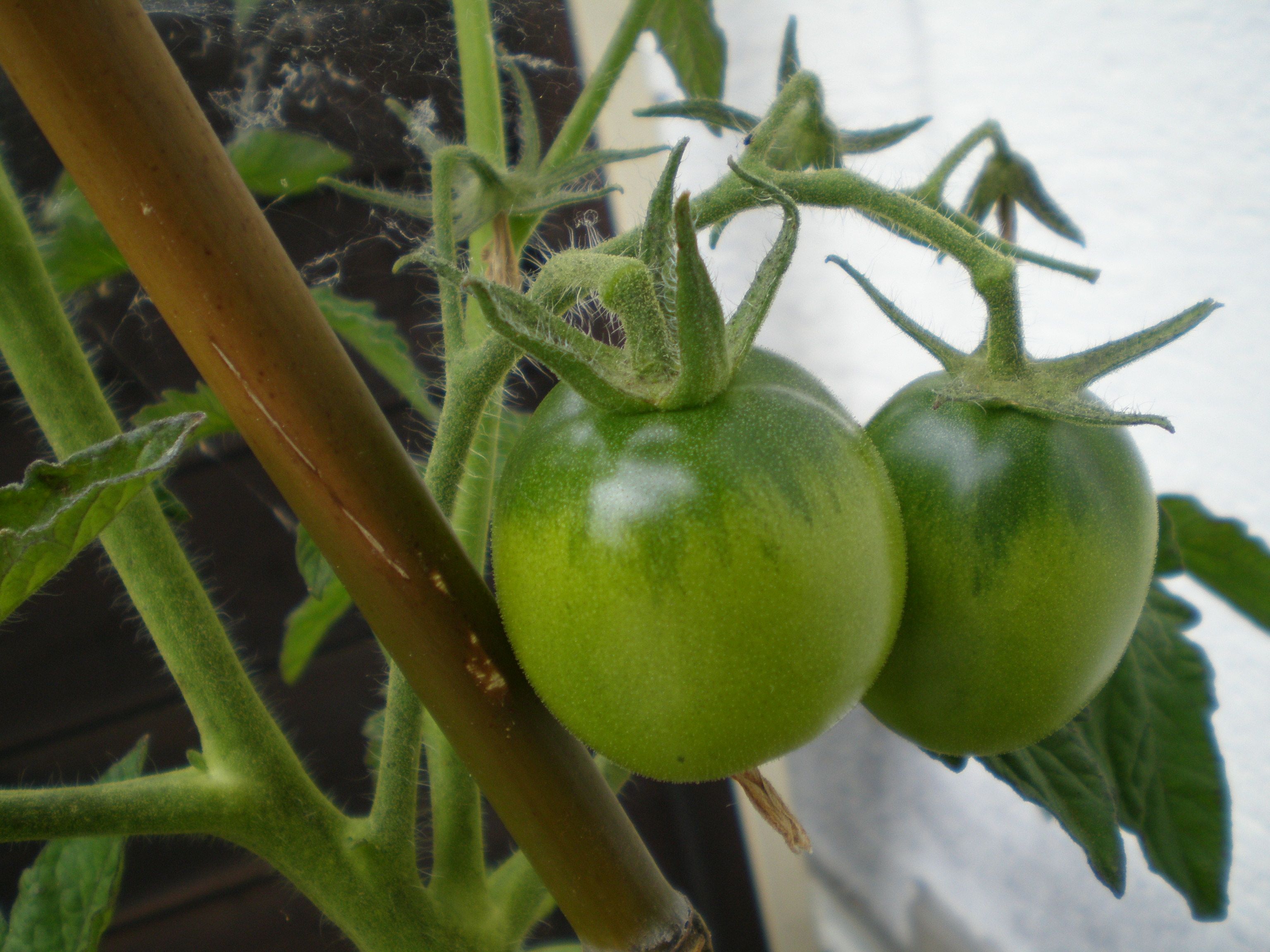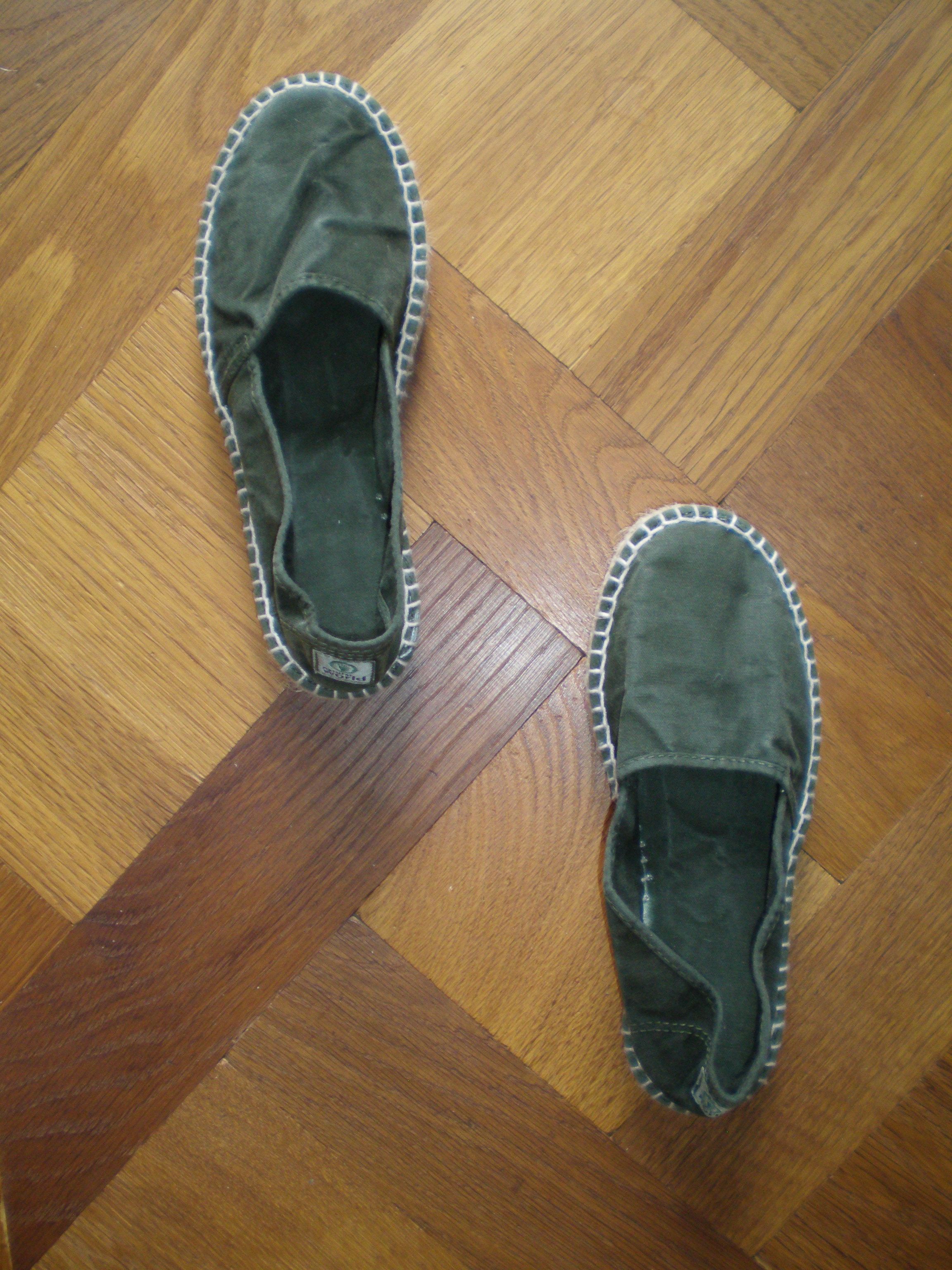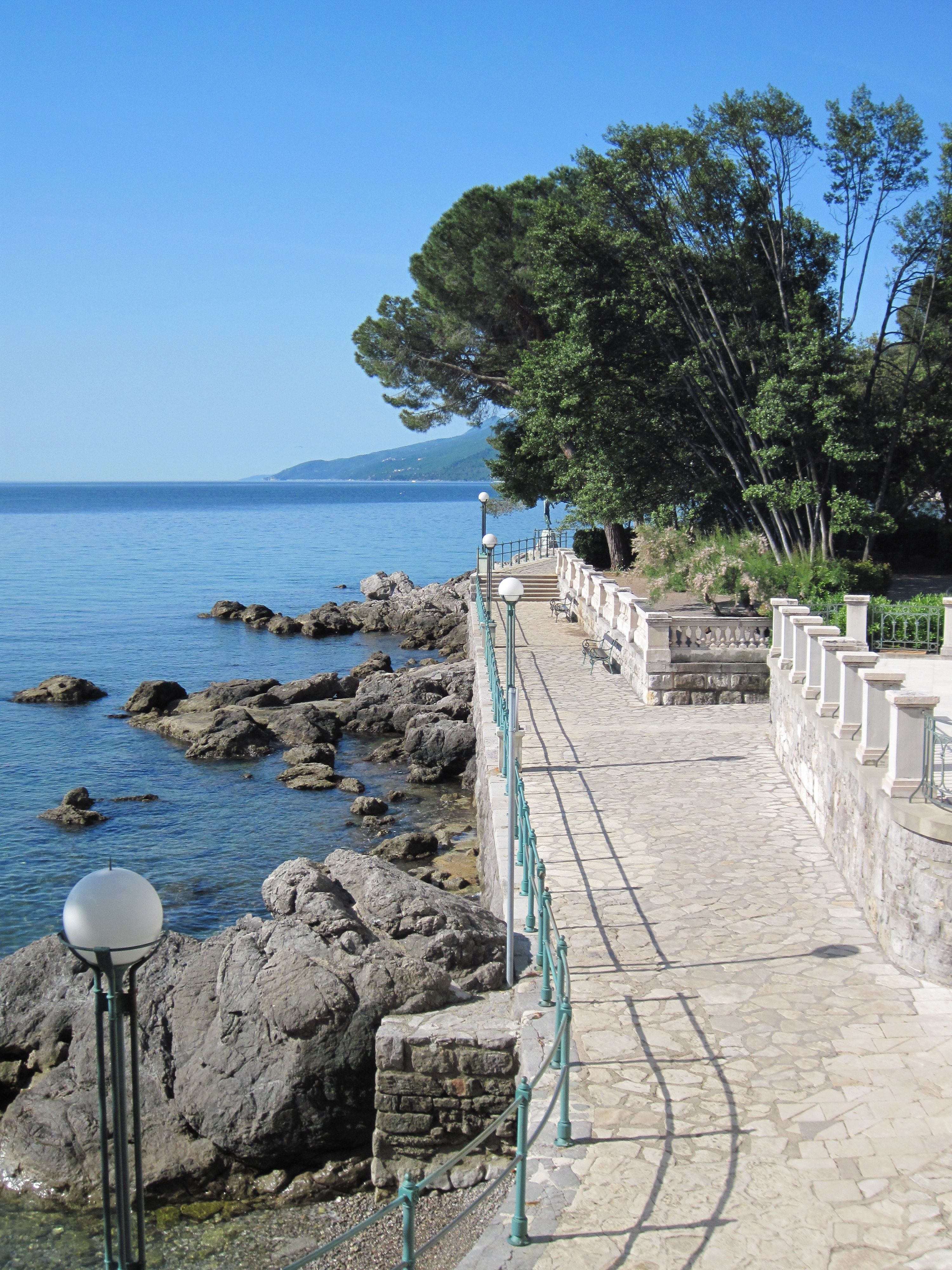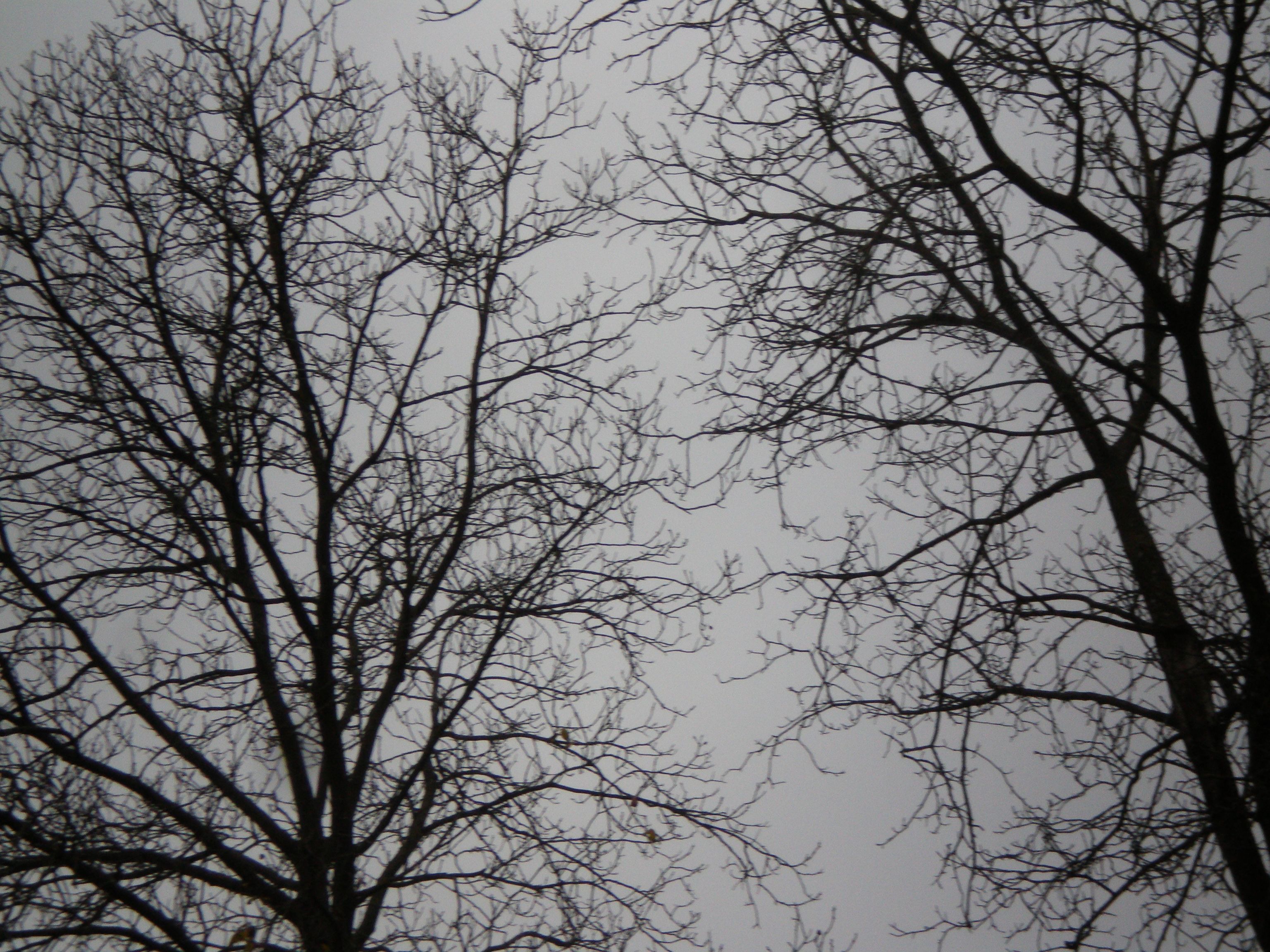Ears of Chocolate, Flour, and Linen

The Easter bunny has already arrived and has been watching me work, patiently waiting for me to break off her ears and start nibbling on them in a moment of weakness when my brain screams, “Help, glucose!” Did you know she is actually made of vegan chocolate and wears a shredded coconut necklace and skimpy shift of damascena rose petals? She will taste very different from pasta and chickpeas, the latest A-Z of Pasta recipe reproduced in the kitchen.

The book provides two versions, and I made the one with canned chickpeas. It was a pleasant surprise to find organic canned chickpeas from Austria at the grocery store. Most of what went into the soup was produced in Austria: chickpeas, spelt ditalini pasta, potatoes, onion, celery, and salt. The olive oil was from Greece, the fresh rosemary from Italy, and the black pepper from far, far away as all pepper is. In a recent newspaper article, I learned that Austria produces 87% of the wheat it consumes, 85% of potatoes, 55% of vegetables, and 45% of fruit. Given the impending shortage of wheat, the sight of shelves full of flour makes me somber and solemn. Recently KA had to drag me away from the flour shelf at the supermarket. I was just standing there, staring at the abundance, marveling at all the different flours from grain grown in Austria (wheat, whole wheat, pizza quality wheat, spelt, whole spelt, rye, buckwheat, einkorn, millet), thinking how most of the world’s population doesn’t have this much variety, feeling grateful to live somewhere not threatened by the wheat shortage.

To experiment with the organic pizza flour found on that marvelous grocery store shelf, I tried out a new pizza dough recipe. The recipe is for pizza rossa, red pizza, whose only toppings are tomato sauce and olive oil. (Pizza doesn’t need cheese on top to be pizza.) The dough is wetter and stickier than my standard house dough. It uses less yeast and has double the rising time. KA gave it a sehr gut, and I like it so much that I’ve made it a few more times. Since there is rye flour in the pantry that needs using up, I have taken to substituting rye flour for up to a fifth of the pizza flour, and I plan on upping the ratio to a quarter next time. I wouldn’t be surprised if you thought my preoccupation with flour influenced the choice of the book I am currently reading.

However, you would be wrong. This book has been on my stack for nearly two years. I have started reading it several times, and this time, I am sure I am going to finish it because I am already past the two bookmarks left inside from previous attempts. Plus there is a long holiday weekend coming up. The sand pullover should also be finished soon. The back and front are done, and the first sleeve is coming along nicely.

The pullover would already be done if I hadn’t gotten distracted with starting a linen tank top. It is the same pattern as the linen tank top I knit last spring, which was perfect on extremely hot summer days. At the end of the summer, I decided it would be good to knit another one. When finished, this tank will match all my summer skirts. The back is already done – over halfway there.

Wishing you full supermarket shelves and a good book!


